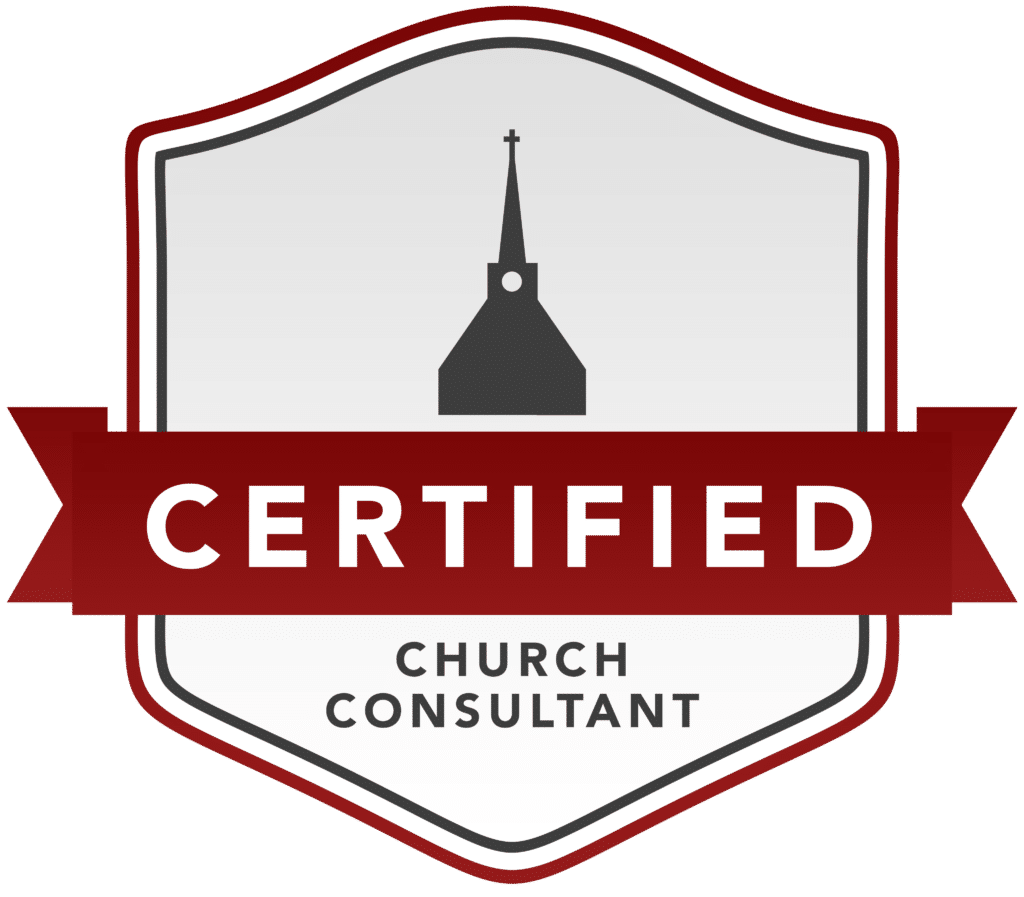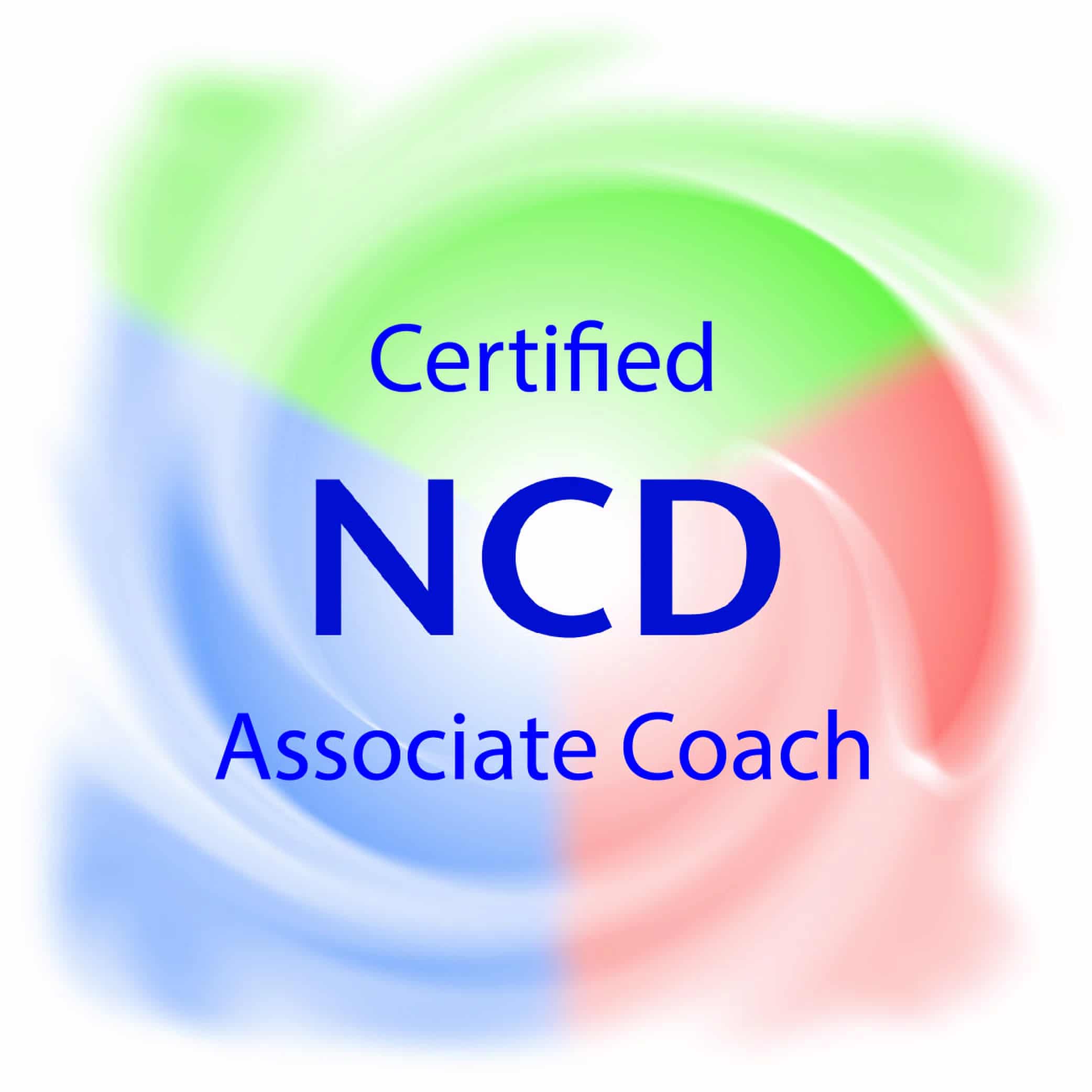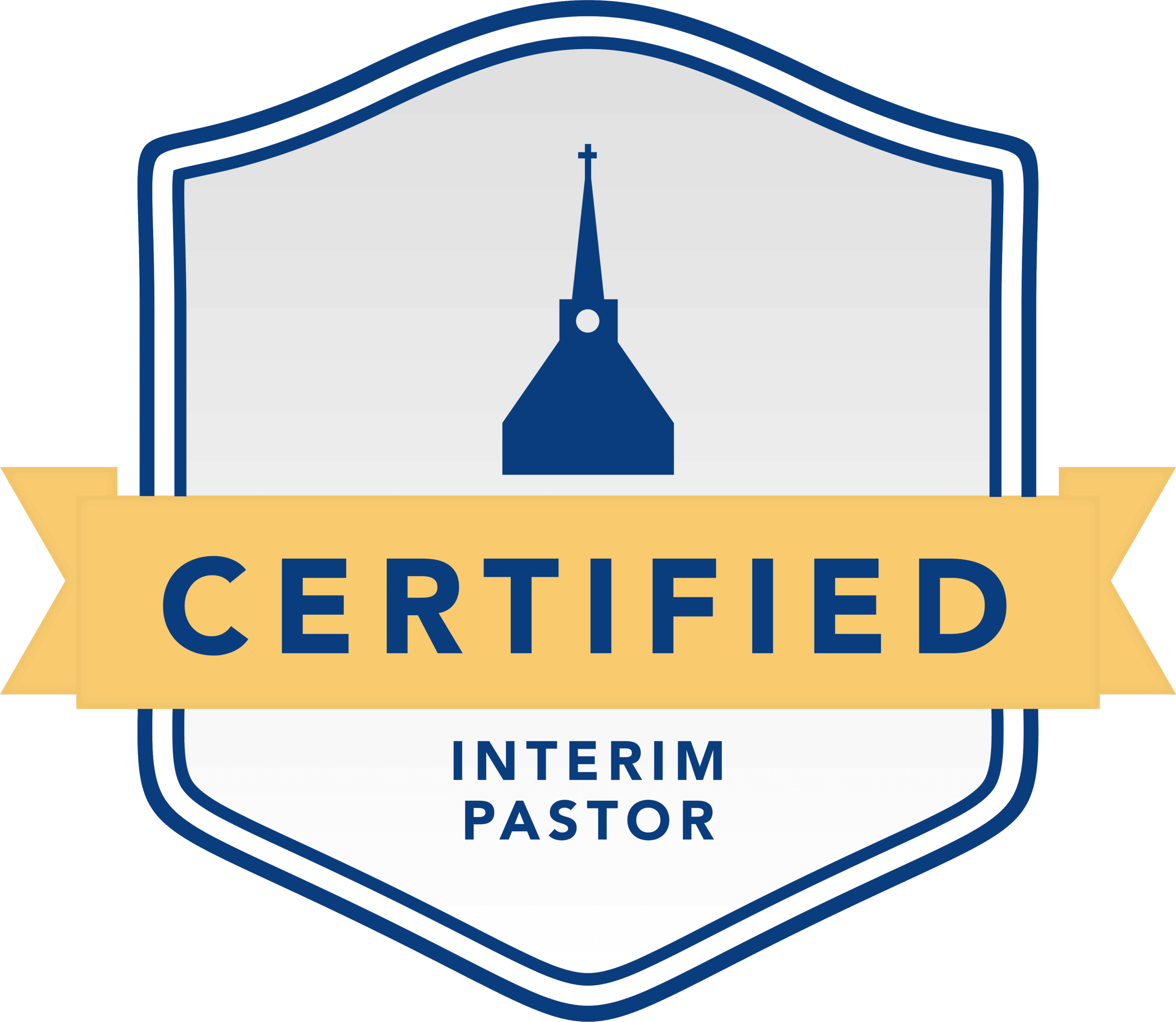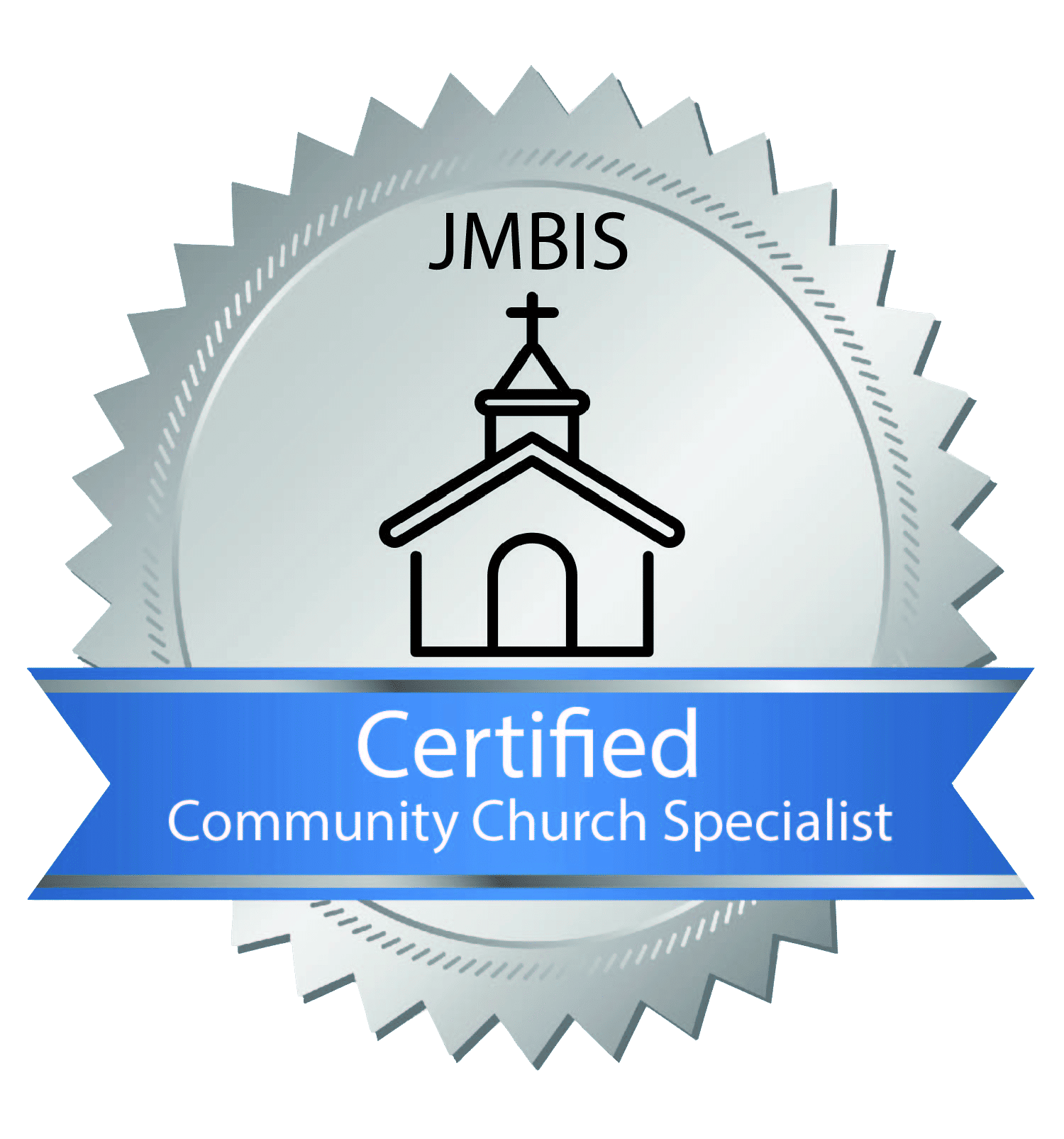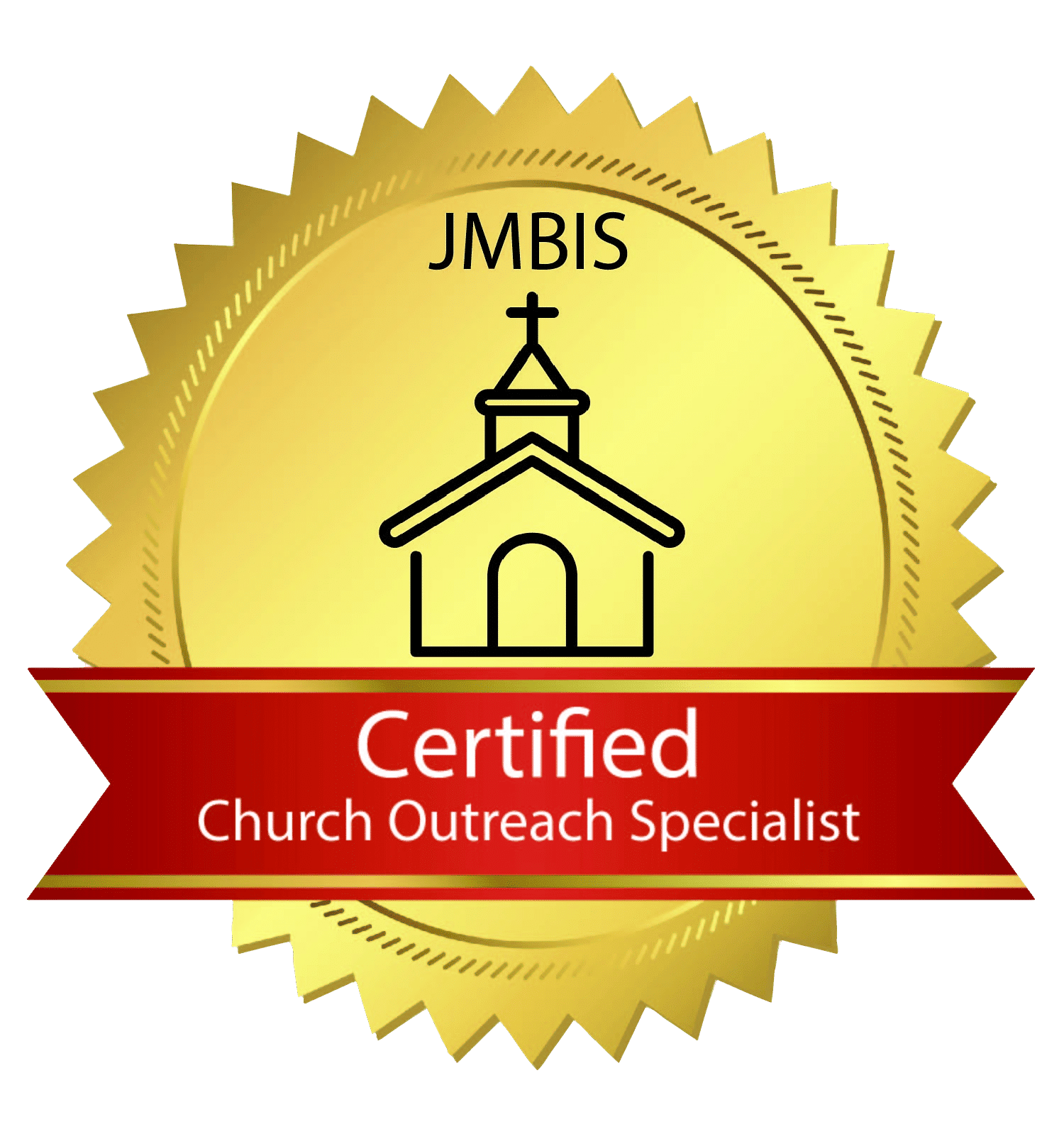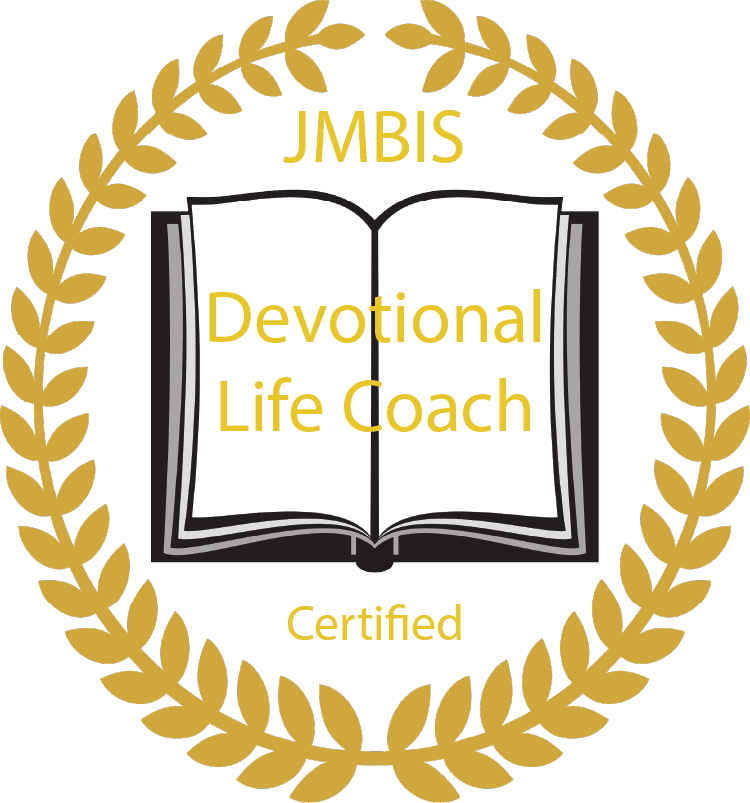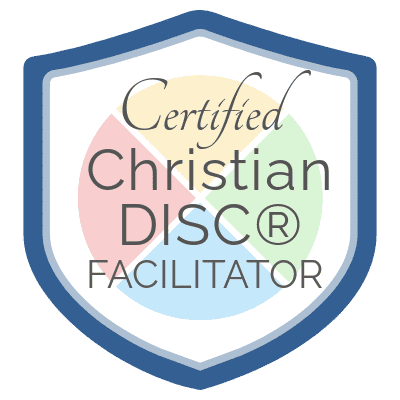Blog
Our hope and prayer at Keys Vineyard Ministries is that we will be able to be a blessing to pastors and churches around the world and partner with them to fulfill the calling of God on their lives.
Keys Vineyard Church and Ministries
Catch up on the Latest
Kingdom Foreshadowed Part 16 Devotionals
Recognizing the Sin Cycle
Devotional The Book of Judges reveals a recurring pattern of Israel’s disobedience: rebellion, oppression, repentance, deliverance, and brief periods of rest. This cycle is a powerful reminder of the consequences of living by our own desires instead of God’s guidance. When we choose our own path, we often find ourselves in chaos and needing deliverance. Reflect on your life and identify any areas where you might be following your own desires instead of God’s will. Recognizing these patterns is the first step towards breaking the cycle and seeking God’s forgiveness and guidance.
Bible Verse ‘In those days Israel had no king; everyone did as they saw fit.’ – Judges 17:6
Reflection Question What areas of your life are you following your own desires instead of God’s guidance, and how can you start to break that cycle?
Quote When people choose to follow their own desires instead of living for God, the result is increasing chaos and oppression and destruction and hopelessness and the need for deliverance.
Prayer Lord, help me to recognize the areas in my life where I am following my own desires instead of Your will. Give me the strength to break the cycle of sin and seek Your guidance. Amen.
The Consequences of Disobedience
Devotional Israel’s disobedience led to a cycle of suffering and oppression. The phrase ‘everyone did what was right in their own eyes’ captures the essence of their rebellion. This reflects a timeless truth: when we abandon God’s ways and live by our own instincts, we face the consequences of our actions. Consider the areas in your life where you might be acting on your own understanding rather than seeking God’s will. Turning away from these acts of rebellion and asking for forgiveness can lead to a life of peace and righteousness.
Bible Verse ‘They refused to give up their evil practices and stubborn ways.’ – Judges 2:19
Reflection Question How have you experienced the consequences of disobedience in your life, and what steps can you take to align your actions with God’s will?
Quote This reflects this timeless truth of us as humans, that when we abandon God’s ways and live by our own instincts and live by us trying to define for ourselves what is good and bad, we end up dealing with the consequences of our acts of rebellion.
Prayer God, I acknowledge the times I have acted on my own understanding instead of seeking Your will. Forgive me for my disobedience and guide me towards a life of peace and righteousness. Amen.
The Flawed Leaders
Devotional The judges of Israel, from Othniel to Samson, were flawed leaders who temporarily delivered Israel but ultimately pointed to the need for a perfect and eternal King. Each judge’s flaws grew more pronounced, mirroring the moral decay of Israel. This progression highlights the importance of righteous leadership and the consequences of moral decay. Reflect on the leaders in your life and the impact they have on your spiritual journey. Seek to follow leaders who align with God’s will and strive to be a righteous example for others.
Bible Verse ‘Whenever the Lord raised up a judge for them, he was with the judge and saved them out of the hands of their enemies as long as the judge lived.’ – Judges 2:18
Reflection Question Who are the leaders in your life that influence your spiritual journey, and how can you ensure they align with God’s will?
Quote The moral decay of the judges mirrors the moral decay of Israel. Each judge’s flaws grow more pronounced, showing how far the people had drifted from God’s design.
Prayer Lord, thank You for the leaders You have placed in my life. Help me to follow those who align with Your will and strive to be a righteous example for others. Amen.
The Perfect and Eternal King
Devotional Unlike the flawed judges, Jesus Christ is the perfect and eternal King who delivers us from sin and death. He is the ultimate example of righteousness and wisdom. In Him, we find the hope of salvation and the promise of a kingdom where all things are made new. Reflect on the areas of your life where you need Jesus’ deliverance and guidance. Embrace His love and mercy, and let Him lead you into a life of peace and righteousness.
Bible Verse ‘The Israelites did evil in the eyes of the Lord; they forgot the Lord their God and served the Baals and the Asherahs.’ – Judges 3:7
Reflection Question In what areas of your life do you need Jesus’ deliverance and guidance, and how can you embrace His love and mercy?
Quote Jesus Christ, who, unlike the judges who were flawed and temporary deliverers, who would forget what God had done, who would not train the next generations, we see Jesus is the perfect and eternal king.
Prayer Jesus, thank You for being the perfect and eternal King who delivers us from sin and death. Help me to embrace Your love and mercy and let You lead me into a life of peace and righteousness. Amen.
Teaching the Next Generation
Devotional One of the key takeaways from the Book of Judges is the importance of teaching the next generation about God’s love and faithfulness. When we fail to pass on this knowledge, we risk repeating the cycle of disobedience and suffering. Reflect on how you can share God’s love and faithfulness with the next generation, whether it’s your own children, family members, or neighbors. By doing so, we can help ensure that they grow up knowing the Lord and living according to His will.
Bible Verse ‘The Israelites did evil in the eyes of the Lord; they forgot the Lord their God and served the Baals and the Asherahs.’ – Judges 3:7
Reflection Question How can you share God’s love and faithfulness with the next generation, and what steps can you take to ensure they grow up knowing the Lord?
Quote Don’t let the next generation not know who I am. So may that be our call as a church. Next generation knows who the Lord is.
Prayer God, help me to share Your love and faithfulness with the next generation. Give me the wisdom and courage to teach them about You and guide them in living according to Your will. Amen.
Join us at Keys Vineyard Church in person or online or connect with our Bible Institute for more sermons, courses, etc.
Kingdom Foreshadowed Part 15 Devotionals
Day 1: Embracing God’s Faithfulness
Devotional In the book of Joshua, we see a powerful example of God’s faithfulness. Joshua, chosen to lead the Israelites after Moses, faced immense challenges. Yet, God assured him, ‘No one will be able to stand against you all the days of your life. As I was with Moses, so I will be with you; I will never leave you nor forsake you.’ This promise of God’s unwavering presence is a cornerstone of our faith. When we face our own storms, we can trust that God is with us, guiding us through every trial. Reflect on times when God has shown His faithfulness in your life and let that strengthen your trust in Him.
Bible Verse ‘No one will be able to stand against you all the days of your life. As I was with Moses, so I will be with you; I will never leave you nor forsake you.’ – Joshua 1:5
Reflection Question How have you experienced God’s faithfulness in your life, and how can that encourage you in your current challenges?
Quote God proved himself faithful through all of that. But still, lots of things get stirred up during and after those kind of storms.
Prayer Lord, thank You for Your faithfulness. Help me to remember Your promises and trust in Your presence, especially when I face difficulties. Strengthen my faith and guide me through every storm. Amen.
Day 2: The Power of Grace
Devotional Grace is a powerful gift from God, and it’s something we all need, especially in challenging times. Joshua’s journey was filled with obstacles, yet God’s grace was evident in every step. We are reminded to extend grace to ourselves and others, just as God extends His grace to us. Whether it’s dealing with stress, relationships, or daily interactions, a little extra grace can make a significant difference. Embrace God’s grace and let it flow through you to others.
Bible Verse ‘Be strong and courageous, because you will lead these people to inherit the land I swore to their ancestors to give them.’ – Joshua 1:6
Reflection Question In what areas of your life do you need to extend more grace to yourself and others?
Quote Give yourself an extra measure of grace if maybe some of your, if you’re a little on edge and give grace to yourself and give grace to people that you might be in relationship with and give grace to people driving on the highway and at the grocery stores and wherever you might be, we could all use a little extra grace right now, and God’s faithful to give that.
Prayer Heavenly Father, thank You for Your abundant grace. Help me to extend that same grace to myself and those around me. Teach me to be patient, understanding, and loving in all my interactions. Amen.
Day 3: Courage in Obedience
Devotional Joshua’s success was rooted in his obedience to God’s commands. God instructed him to keep the Book of the Law always on his lips and to meditate on it day and night. This obedience led to prosperity and success. In our lives, obedience to God’s Word is crucial. It requires courage to follow God’s commands, especially when they go against the grain of society. But in doing so, we find true success and fulfillment.
Bible Verse ‘Keep this Book of the Law always on your lips; meditate on it day and night, so that you may be careful to do everything written in it. Then you will be prosperous and successful.’ – Joshua 1:8
Reflection Question What steps can you take to ensure that you are meditating on and obeying God’s Word daily?
Quote Keep this book of the law always on your lips. Meditate on it day and night so that you may be careful to do everything written in it. Then you’ll be prosperous and successful.
Prayer Lord, give me the courage to obey Your Word. Help me to meditate on it daily and to follow Your commands, even when it’s difficult. May Your Word guide my actions and lead me to true success. Amen.
Day 4: Trusting in God’s Strength
Devotional Joshua’s encounter with the mysterious warrior, a pre-incarnate appearance of Jesus, teaches us a profound lesson about relying on God’s strength. When Joshua asked if the warrior was for them or their enemies, the response was ‘Neither.’ This encounter reminds us that our victories come not from our own strength but from God’s. We are called to trust in His strength and follow His lead, knowing that He is holy and mighty.
Bible Verse ‘The commander of the Lord’s army replied, “Take off your sandals, for the place where you are standing is holy.” And Joshua did so.’ – Joshua 5:15
Reflection Question In what areas of your life are you relying on your own strength instead of trusting in God’s strength?
Quote Even when things seem way bigger than you can deal with, it’s not your strength that you’re trusting in any way. It’s always his strength. And that’s where life is found.
Prayer Mighty God, I acknowledge that my strength is insufficient. Help me to trust in Your strength and to follow Your lead. Remind me that You are holy and mighty, and that my victories come from You. Amen.
Day 5: Choosing to Serve the Lord
Devotional At the end of his life, Joshua challenged the Israelites to choose whom they would serve. He declared, ‘But as for me and my household, we will serve the Lord.’ This choice is one we must make daily. Serving the Lord requires commitment and courage, but it leads to life and fulfillment. Reflect on your own commitment to serve the Lord and make a conscious decision to follow Him wholeheartedly.
Bible Verse ‘But if serving the Lord seems undesirable to you, then choose for yourselves this day whom you will serve, whether the gods your ancestors served beyond the Euphrates, or the gods of the Amorites, in whose land you are living. But as for me and my household, we will serve the Lord.’ – Joshua 24:15
Reflection Question What steps can you take today to reaffirm your commitment to serve the Lord wholeheartedly?
Quote Choose for yourselves this day whom you’ll serve, whether the little ‘g’ gods of your ancestors served beyond the Euphrates or the little ‘g’ gods of the Amorites in whose land you’re living. But as for me and my household, we will serve the Lord.
Prayer Lord, I choose to serve You with all my heart. Help me to stay committed to this decision and to follow You faithfully. Guide my steps and strengthen my resolve to serve You in all that I do. Amen.
Join us at Keys Vineyard Church in person or online or connect with our Bible Institute for more sermons, courses, etc.
Kingdom Foreshadowed Part 14 Devotionals
Day 1: Hearing and Doing
Devotional The Shema, found in Deuteronomy 6:4-9, calls us to hear and obey God’s word. It emphasizes loving God with all our heart, soul, and strength. This prayer urges us to move from passive hearing to active doing. Isn’t it much easier to hear than it is to do? And that’s the struggle that we have and all of us have really had from the beginning. We often find ourselves listening to God’s word but failing to act on it. Today, let’s focus on not just hearing God’s word but also putting it into practice in our daily lives.
Bible Verse “Hear, O Israel: The Lord our God, the Lord is one. Love the Lord your God with all your heart and with all your soul and with all your strength.” – Deuteronomy 6:4-5
Reflection Question In what areas of your life do you find it easier to hear God’s word than to act on it?
Quote Isn’t it much easier to hear than it is to do? And that’s the struggle that we have and all of us have really had from the beginning.
Prayer Lord, help me to not only hear Your word but to also put it into action. Give me the strength and courage to live out Your commands daily. Amen.
Day 2: The Heart of the Matter
Devotional The heart that we have is part of the problem. When the Bible talks about the heart, it’s referring to the control center of our lives. A circumcised heart is one that serves God not out of obligation, but out of a genuine desire. This transformation is something we cannot achieve on our own; it is a work of God. Today, let’s examine our hearts and ask God to transform them so that we may serve Him genuinely.
Bible Verse “I will give you a new heart and put a new spirit in you; I will remove from you your heart of stone and give you a heart of flesh.” – Ezekiel 36:26
Reflection Question What areas of your life need a transformation of the heart?
Quote The heart that we have is part of the problem. And when the Bible talks about heart, it’s talking about sort of the control center of your life, the command center.
Prayer Father, I ask for a new heart, one that desires to serve You genuinely. Remove my heart of stone and give me a heart of flesh. Amen.
Day 3: The Promise of a New Heart
Devotional Prophets like Ezekiel and Jeremiah foretold of a time when God would give His people new hearts. This promise is fulfilled in Jesus, who offers us a transformed heart through His sacrifice. When we accept Jesus, we receive a new heart that enables us to love and obey God fully. Today, let’s embrace this promise and allow Jesus to transform our hearts.
Bible Verse “I will give them a heart to know me, that I am the Lord. They will be my people, and I will be their God, for they will return to me with all their heart.” – Jeremiah 24:7
Reflection Question How can you embrace the promise of a new heart through Jesus today?
Quote Jesus tells Nicodemus he needs to be born again, which is another sort of way of saying, you need a transformed heart.
Prayer Jesus, thank You for the promise of a new heart. Help me to embrace this transformation and live a life that fully loves and obeys You. Amen.
Day 4: Living Abundantly
Devotional Through Jesus’ sacrifice, we are offered a transformed heart that leads to a life of true abundance and joy. This transformation impacts the way we love, obey, and live. We love God just because He’s God, and we love Him because we want to love Him. Today, let’s focus on living abundantly by loving and obeying God with our transformed hearts.
Bible Verse “I have come that they may have life, and have it to the full.” – John 10:10
Reflection Question What does living an abundant life in Christ look like for you?
Quote He wants you to live a full and abundant now and forever life.
Prayer Lord, thank You for the abundant life You offer through Jesus. Help me to live fully in Your love and obedience. Amen.
Day 5: Shifting the Center
Devotional One of the ways you know that transformation is taking place is when you realize the lengths and depths that God has gone to so that you can have life with Him. When you can make that shift and get yourself out of the center, you begin to live for God and His ways. Love me and live. Live for Him, and you’ll find it’s the best life you can imagine. Today, let’s focus on shifting the center of our lives from ourselves to God.
Bible Verse “For God so loved the world that he gave his one and only Son, that whoever believes in him shall not perish but have eternal life.” – John 3:16
Reflection Question How can you shift the center of your life from yourself to God today?
Quote When you can make that shift and get yourself out of the center where we keep putting ourselves by going to the stupid wrong tree, and we go, no, God, I want to live for you, and I want to live your way.
Prayer God, help me to shift the center of my life from myself to You. I want to live for You and Your ways. Amen.
Join us at Keys Vineyard Church in person or online or connect with our Bible Institute for more sermons, courses, etc.

